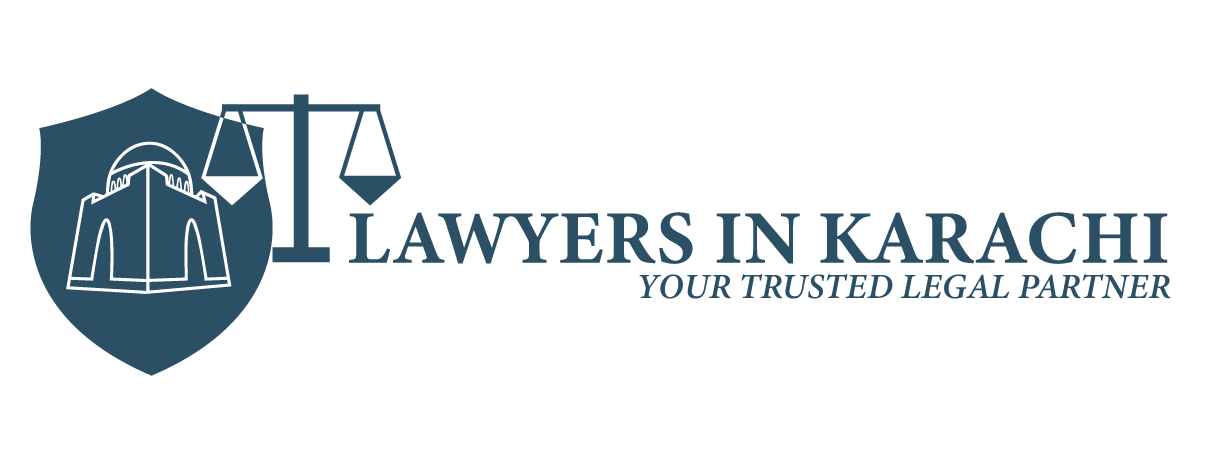Power of Attorney: A Complete Legal Guide
The term power of attorney is widely recognized in the legal world. It refers to a legal document that authorizes one person to act on behalf of another in personal, business, or legal matters. Whether it involves managing property, handling finances, or making healthcare decisions, a power of attorney ensures that responsibilities are carried out legally and effectively.
This blog provides a complete guide to understanding what a power of attorney is, its types, legal importance, and the procedure for creating one in Pakistan.
What Is a Power of Attorney?
A power of attorney (POA) is a written authorization granted by one person, known as the principal, to another person, known as the agent or attorney-in-fact. This legal arrangement empowers the agent to represent the principal in specific or general matters.
It is particularly useful when the principal is unable to perform certain tasks personally, such as due to travel, health issues, or business commitments.
Types of Power of Attorney
There are different types of power of attorney, each serving distinct purposes:
1. General Power of Attorney (GPA)
A general power of attorney authorizes the agent to act broadly on behalf of the principal. It may include managing property, handling financial transactions, or representing the principal in various matters.
2. Special Power of Attorney (SPA)
A special power of attorney is limited to a specific task or transaction. For example, authorizing someone to sell a particular piece of property or appear in court for a specific case.
3. Durable Power of Attorney
This type remains valid even if the principal becomes mentally incapacitated. It ensures continuity in decision-making during critical times.
4. Medical Power of Attorney
Also known as a healthcare proxy, this authorizes an agent to make medical decisions if the principal is unable to do so.
Legal Requirements for Power of Attorney in Pakistan
In Pakistan, a power of attorney must comply with the following legal requirements:
-
Written Document: It must be in writing, clearly stating the powers granted to the agent.
-
Stamp Duty: It should be executed on a stamped paper as per legal requirements.
-
Witnesses: At least two witnesses must sign the document.
-
Registration: For immovable property matters, registration with the relevant authority is mandatory.
-
Attestation: If executed abroad, the document must be attested by the Pakistani Embassy or Consulate.
How to Draft a Power of Attorney
Drafting a valid power of attorney involves careful legal preparation. The following steps are commonly involved:
-
Identify the Principal and Agent: Clearly mention the names and details of both parties.
-
Define the Powers Granted: Specify whether it is a general or special power of attorney.
-
Include Conditions and Limitations: Outline any restrictions on the agent’s authority.
-
Signatures and Witnesses: Ensure proper signatures in the presence of witnesses.
-
Legal Attestation or Registration: Complete attestation or registration as required under law.
Uses of Power of Attorney
A power of attorney is commonly used in several situations:
-
Property Transactions: Authorizing an agent to buy, sell, or manage property.
-
Business Matters: Allowing representation in business contracts or financial dealings.
-
Court Proceedings: Appointing someone to represent the principal in legal cases.
-
Overseas Residents: Enabling overseas Pakistanis to manage their property and financial matters through a trusted agent.
-
Healthcare Decisions: Assigning a representative to make medical choices when the principal is unable to.
Revocation of Power of Attorney
A principal has the legal right to revoke or cancel a power of attorney at any time. The process involves:
-
Drafting a written revocation notice.
-
Informing the agent and relevant authorities.
-
Publishing a public notice if necessary, especially in property matters.
Once revoked, the agent no longer holds authority to act on behalf of the principal.
Importance of Legal Guidance
While it may seem straightforward, drafting or using a power of attorney requires professional legal guidance. A lawyer ensures that the document is valid, enforceable, and protects the interests of the principal. Errors or unclear language can lead to misuse or disputes, which is why legal expertise is highly recommended.
Conclusion
The power of attorney is a vital legal instrument that allows individuals to delegate authority and ensure their personal, business, or property matters are managed effectively. Understanding its types, legal requirements, and proper execution helps avoid complications and safeguards the rights of both the principal and the agent.
Whether it is a general authorization or a special delegation for a particular task, having a properly drafted power of attorney provides peace of mind and legal security.




